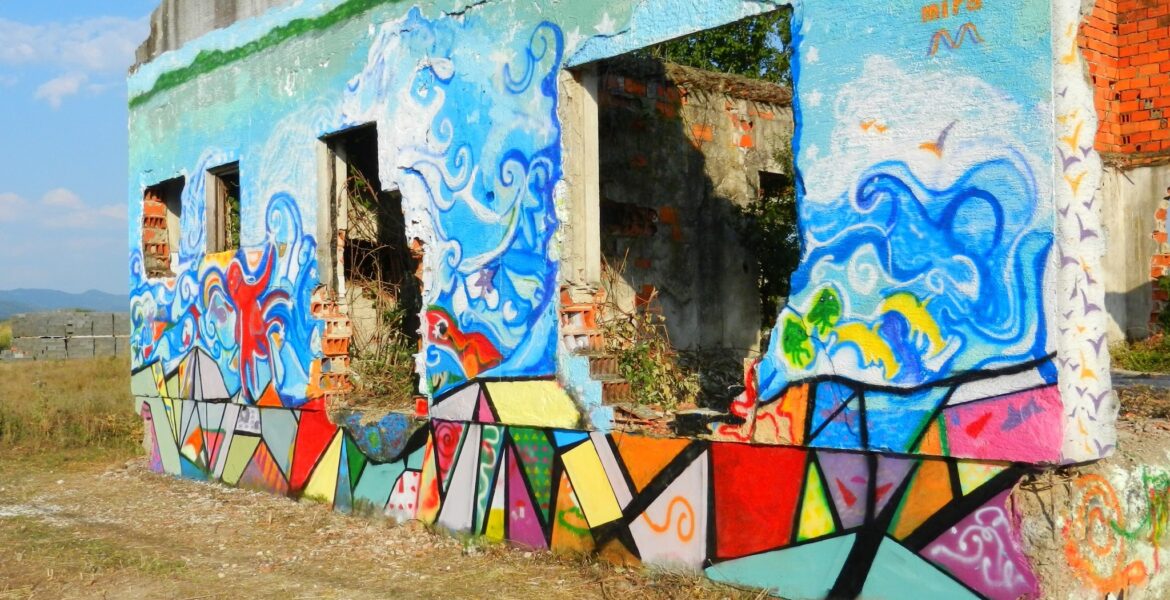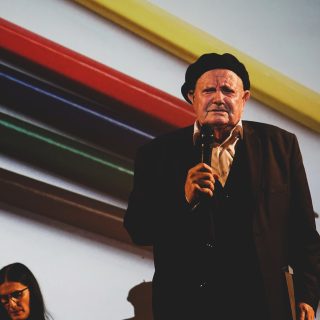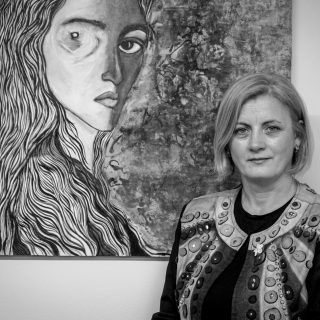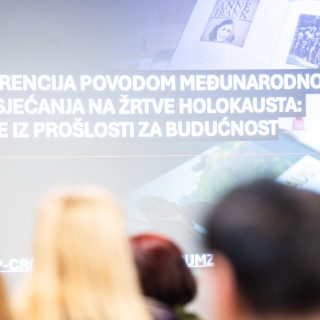A weeklong course examining the history, context, and changing politics of peacebuilding
It is now more than twenty years since the war in Bosnia but the economy is still struggling, the infrastructure is still crumbling, and the political institutions are still stalled in conflict. For the international community, Bosnia is the textbook case for post-conflict peacebuilding, but what has actually been achieved?
This week-long course will engage students in the history, political context, and processes of change in Bosnia since the Dayton Peace Accords in 1995. Students will participate in workshops designed to expand their understanding and knowledge, in addition to guided site visits in the region.
This immersive experience is ideal for young people or university students (18-30) who want to learn more about the history of Bosnia and activists currently working in the region.
When: 2-8 August 2017
Where: Prijedor, Bosnia and Herzegovina (BiH)
Who’s eligible: Young people and students (ages 18-30). Participants must be fluent in English.
Costs:
Participants living in Bosnia will have their travel expenses to the residential covered, those living outside Bosnia will need to fund their own travel. Once at the residential travel, food and basic, shared accommodation will be covered in the program. Please bring additional spending money to cover some food for the week.
Application process:
The deadline for submission is 30 April 2017. Please complete the attached application form and send this along with your CV (resume) to info@mostmiraproject.org. Feel free to contact us with questions about this opportunity.
Applications will be accepted on a rolling basis and all applicants will be notified in May.
Democracy & Post-Conflict Politics in Bosnia
Additional information
While most courses on the Balkans focus exclusively on the 1995 conflict and Dayton agreement, this course aims to dig deeper into current politics in Bosnia and Herzegovina. Whole generations of Bosnian young people have grown up in the post-conflict politics, which was focused with who and what was done during the war, but these factors do not define all of current Bosnian politics. The Bosnian diaspora who fled to Europe, US, and elsewhere, have growing influence, both financially through remittances and through social movements and political activism. Bosnia’s struggling economy has forced young people to be innovative in business and careers. There are also questions about how to make democracy work at both the local and national level. This course will explore issues of poverty, environmentalism, gender, sexuality, art, community activism, and NGO politics.
Finally, most courses on the Balkans are located in capitals-—Sarajevo, Belgrade, Zagreb—but miss the local dynamics of post-conflict politics. This course takes place in Prijedor in the north of BiH and will be an important contrasted to accounts of peacebuilding in urban settings.
“Changes are needed if we want a better tomorrow for the entire nation, and only people in BiH can make those changes.” – Tanja, 2014 participant
“The exchange of knowledge and experiences over the course of the workshop has both tremendously enriched my understanding of the region.” – Karina, 2014 participant
Sample Schedule:
9am – Session 1: Site visit to local war memorials and former detention sites
11am – Session 2: Workshop with local peacebuilders and human rights academics
1pm – Lunch
2pm – Session 3: Conducting a survey on local attitudes to peacebuilding in the community
6pm – Social time: BBQ and performance by local musicians
Certificates of participation will be given to participants who complete the full weeklong course.
Partners
This project is organised by Most Mira in partnership with the EU Studies Center at the City University of New York.
Most Mira is a charity that works in the UK and Bosnia Herzegovina to bring together children and young people to make friends across ethnicities and celebrate diversity in the Prijedor area, northern Bosnia Herzegovina. Since 2009, Most Mira has organised youth arts festivals, theatre workshops, peace building visits and tours and architectural workshops.
European Union Studies Center (EUSC) at the City University of New York brings together American and European scholars, students and business professionals to encourage the exchange of ideas about the European Union. The goal is to facilitate research and stimulate transatlantic dialogue.
For more information, check out our reports and website: www.mostmiraproject.org.
Reports from previous Project on Peacebuilding (POP) courses: POP 2013, POP 2014, POP 2015.




